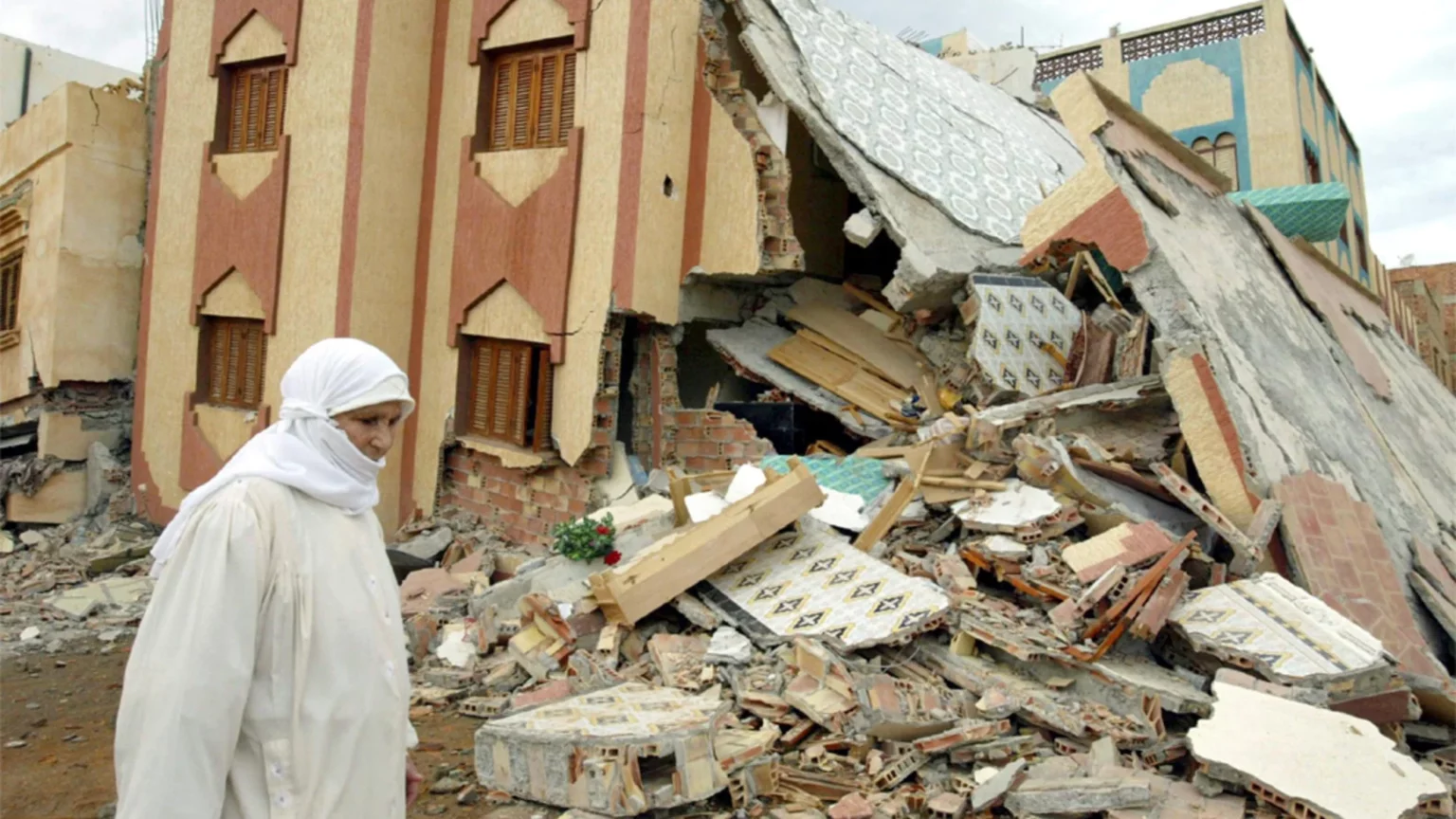In the face of a devastating earthquake measuring 6.8 on the Richter scale that claimed the lives of more than 2,000 people and injured an additional 2,000, Moroccan officials exhibited unwavering determination to continue with the crucial African Nations qualifier match between Gambia and Congo Brazzaville in Marrakech on Sunday.
The earthquake struck late on a Friday, originating 72 kilometers (45 miles) southwest of Marrakech, the city chosen by Gambia as their home venue due to the lack of an international stadium. The ensuing damage and loss of life were nothing short of catastrophic. As of the latest reports from Morocco on Saturday, the earthquake had claimed the lives of 2,012 individuals, with an additional 2,059 people suffering injuries, of which 1,220 were in critical condition.
In a stark contrast, another qualifier scheduled for the same Saturday between already-qualified Morocco and eliminated Liberia in Agadir, a coastal city located 260 kilometers (160 miles) southwest of Marrakech, had to be postponed in light of the unfolding disaster.
In the midst of these trying circumstances, it was revealed that both the Congolese and Gambian delegations found themselves sleeping outside their hotels in Marrakech. A Gambian representative expressed the delegation’s sentiment, saying, “Given the circumstances, we expected the game to be postponed. Our hotel has been partially damaged.” Similarly, the Congolese team concurred, stating, “It is difficult to focus on a football match, as crucial as it is, after witnessing so much loss of life nearby.”
In the realm of football, the stakes were high. Gambia needed only one point to secure qualification for the upcoming Cup of Nations finals scheduled from January 13 to February 11, positioning themselves as runners-up in Group G behind Mali. In contrast, Congo faced a must-win situation to secure the coveted runners-up position.
Notably, Gambia became the third West African nation, following in the footsteps of Niger and Burkina Faso, to utilize the 45,000-seat Grand Stade de Marrakech within a span of just four days, a testament to the challenges faced by these teams in terms of venue inadequacies at home.
The tragic earthquake in Morocco cast a somber shadow over seven qualifiers held on Saturday, with Mozambique, the Democratic Republic of Congo, and Mauritania joining the ranks of teams headed to the Ivory Coast for the tournament, bringing the total count of qualifiers to 21.
In a gripping and intense showdown, Mozambique clinched a 3-2 victory over Benin, with Clesio Bauque emerging as the hero by scoring the winning goal five minutes into added time. Benin needed a maximum points haul to surpass Mozambique, and their hopes were ignited when Steve Mounie converted a 20th-minute penalty. However, Mozambique displayed remarkable resilience, responding with goals from Witiness Quembe and debutant Ricardo Guimares, which saw them leading at halftime. Jodel Dossou managed to level the score five minutes into the second half, but it was Bauque who ultimately secured the victory for Mozambique.
Group I proved to be the most hotly contested among the 12 sections, with all four countries entering the final matchday harboring hopes of qualification. However, home victories for DR Congo and Mauritania ensured their top two positions in the group, leaving Gabon and Sudan trailing.
In Kinshasa, DR Congo achieved a 2-0 victory over Sudan, with Theo Bongonda scoring just eight minutes into the match, followed by a late strike from substitute Fiston Mayele. This remarkable turnaround for DR Congo came after a shaky start to their campaign, including losses to Gabon and Sudan, yet they managed to secure the top spot with four consecutive wins under the guidance of French coach Sebastien Desabre. Meanwhile, Mauritania secured a 2-1 win in Nouakchott over Gabon, with first-half goals from Hemeya Tanjy and Aboubakar Kamara. Gabon’s goalkeeper, Jean-Noel Amonome, was sent off after just five minutes, adding to the drama of the day.
In the midst of this unfolding tragedy, African football demonstrated its resilience and commitment to the sport, as teams fought valiantly for their place in the Cup of Nations finals. The earthquake in Morocco served as a stark reminder of the unpredictability of life, even in the world of sports, where the pursuit of victory must sometimes be tempered by the weight of human suffering.




